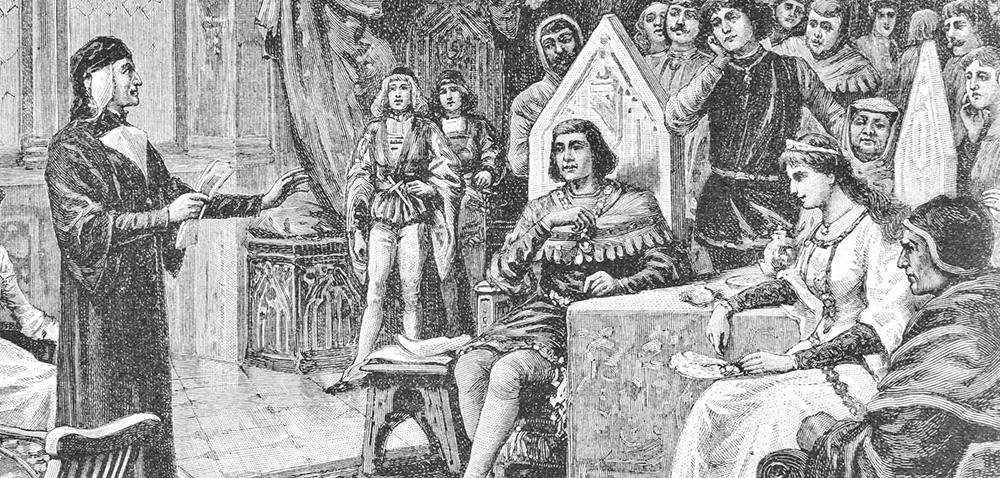Tuscany: father of the mother tongue

Everyone knows how the Romans conquered Europe and how the effects of their settlement remain to this day. One of their biggest influences was on language. To this day Latin is used as a reference point for literary scholars and linguists – after all, it’s considered the building block of many modern languages.
But like any language, Latin evolved over generations. From archaic, classical and vulgar Latin, through to medieval, renaissance and modern Latin. And while modern Italian owes much to Latin, it also has a debt to Tuscany.
Every region of Italy had its own take on Latin, with dialects and local variations aplenty. But in the late 13th Century, thanks to its position as one of Italy’s most important cities, and the profound affect on the arts and culture its artisans had, Florence became the focus of an important decision. As Italy became unified, what should officially be adopted as the national language? An existing form of Latin, or an entirely new language?
In the end, it was a debate held in Florence, with contributions from renowned renaissance literary artists Dante, Petrarca and Boccaccio that decided. Because of its closeness in structure to classical Latin, the Tuscan take on it should become standard. As a result, the Italian you hear today can be traced right back to Florence.
But like any language, Latin evolved over generations. From archaic, classical and vulgar Latin, through to medieval, renaissance and modern Latin. And while modern Italian owes much to Latin, it also has a debt to Tuscany.
Every region of Italy had its own take on Latin, with dialects and local variations aplenty. But in the late 13th Century, thanks to its position as one of Italy’s most important cities, and the profound affect on the arts and culture its artisans had, Florence became the focus of an important decision. As Italy became unified, what should officially be adopted as the national language? An existing form of Latin, or an entirely new language?
In the end, it was a debate held in Florence, with contributions from renowned renaissance literary artists Dante, Petrarca and Boccaccio that decided. Because of its closeness in structure to classical Latin, the Tuscan take on it should become standard. As a result, the Italian you hear today can be traced right back to Florence.
